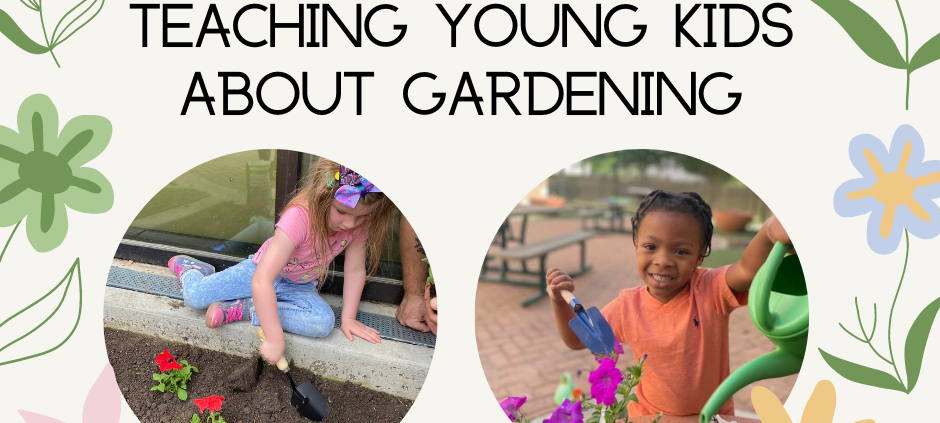Teaching young children about gardening
Gardening can be a fun and rewarding activity for people of all ages, but it can be especially beneficial for young children. Not only does it provide an opportunity to learn about the natural world, but it also teaches valuable life skills such as responsibility, patience, and problem-solving. Here are some tips on how to teach young children how to garden:
- Start small: When introducing gardening to young children, it’s best to start with a small plot or container garden. This will help them learn the basics of planting, watering, and caring for plants without feeling overwhelmed. You can also choose plants that are easy to grow and maintain, such as herbs, lettuce, or cherry tomatoes.
- Involve them in the planning: Children are more likely to be invested in a garden if they have a say in what gets planted. Take them to the nursery or seed store and let them choose a few plants or seeds that they are excited about. This will also help them learn about different plant varieties and what conditions they need to thrive.
- Teach them about soil: Soil is the foundation of any garden, and it’s important for children to understand how it works. Explain the different types of soil and what nutrients they provide for plants. Show them how to dig a hole and add compost or fertilizer to the soil before planting.
- Show them how to care for plants: Gardening requires regular care, so it’s important to teach children how to water, weed, and prune their plants. Demonstrate how to check for signs of pests or disease, and explain how to address these issues without using harmful chemicals.
- Make it fun: Gardening shouldn’t feel like a chore for children. Make it fun by incorporating games, art projects, or other activities that relate to gardening. For example, you could have them create plant markers or paint a picture of their garden.
- Celebrate their successes: Gardening can be a challenging activity, but it’s important to celebrate children’s successes along the way. Whether it’s the first sprout that appears or the first ripe tomato they harvest, take time to acknowledge and praise their hard work.
In conclusion, teaching young children how to garden is a wonderful way to introduce them to the natural world and teach valuable life skills. By starting small, involving them in the planning, and making it fun, children can learn to love and appreciate the joys of gardening for years to come.



